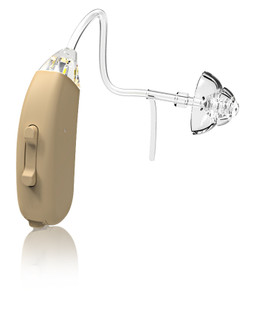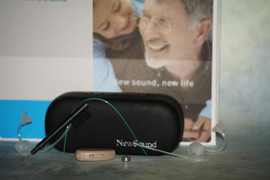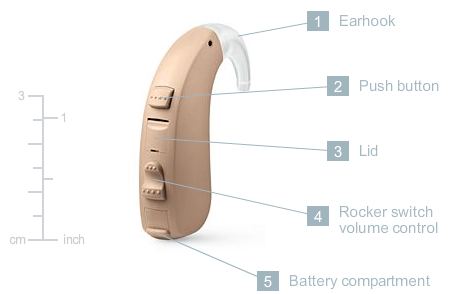Hearing Aid Maintenance 101: Tips and Tricks
Posted by DR Paul on May 25, 2023
Hearing aids have become a necessary device for people with hearing loss. It is undoubtedly one of the best inventions ever made to help the hearing-challenged to hear better and live a life filled with many sounds and conversations. With hearing aids being used daily and being an integral part of life, it's essential to keep them in good working condition. Just like any other tech device, hearing aids require some maintenance. In this blog post, we will discuss some tips and tricks to keep your hearing aids in top shape, which can extend their lifespan and keep them working efficiently.
Cleaning your Hearing Aid
Clean Your Hearing Aids Regularly: One of the essential maintenance tips for hearing aids is cleaning them regularly. Wipe the device and ear molds with a dry cloth daily, and use a brush to clean any debris, wax, or dirt from the sound exits or the area near microphones. Also, it is recommended to use a specialized cleaning kit or a UV-C light sanitizer to disinfect and remove any bacteria that may accumulate from your ears.
Avoid Moisture with your Hearing Aid
Moisture is one of the biggest culprits of hearing aid malfunction. Moisture can damage various components of the hearing aid, such as the microphone or battery. Avoid wearing hearing aids in humid environments or while showering, swimming, or doing any water activities. Also, invest in a desiccant kit or specially designed storage case to absorb any moisture after you use or clean your hearing aids.
Changing your Hearing Aid Batteries
Change Batteries Regularly: Hearing aid batteries are not rechargeable and typically last up to ten days. Therefore, it's essential to replace them regularly to avoid any sudden shutdowns or weak performance that may affect your hearing. Always carry spare batteries with you, and never mix them with old ones.
Take Care of Earmolds
Earmolds are a vital part of hearing aids that go inside the ear canal. They are made of pliable material that can harden with regular use and the warmth of your ear. Therefore, earmolds require regular maintenance and replacement as they can cause discomfort, affect sound transmission, or even cause infections. Replace them as needed and have them custom-fit if any changes in ear size or structure occur.
Visit Your Audiologist Regularly
Finally, regular check-ups with your audiologist can help identify any changes in your hearing loss, upgrade your hearing aids when needed, and ensure they are in top working condition. Also, be sure to follow your audiologist's advice on wearing and maintaining your hearing aids.
Conclusion:
Taking good care of your hearing aids can significantly impact their lifespan and performance. Regular cleaning and storage, avoiding moisture, replacing batteries, taking care of earmolds, and regular check-ups with your audiologist, are all vital maintenance tips to keep your hearing aids in top condition. Remember, hearing aids are an investment in your life and need proper care and attention. So, take care of them, and they will take care of you for years to come.










